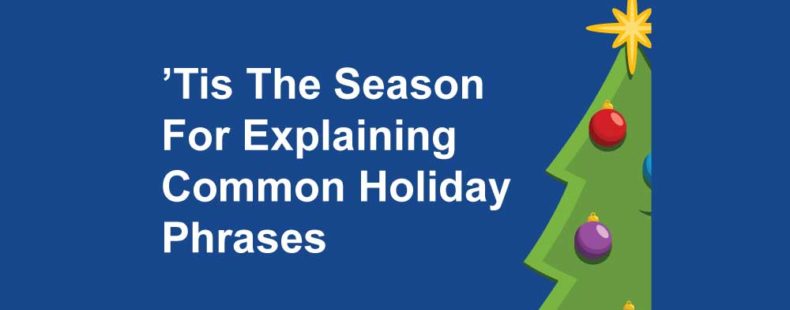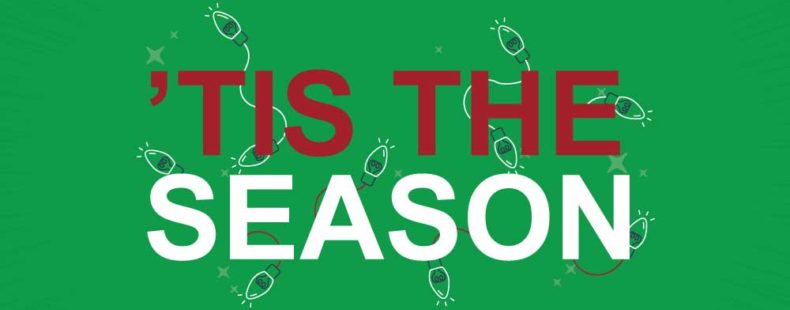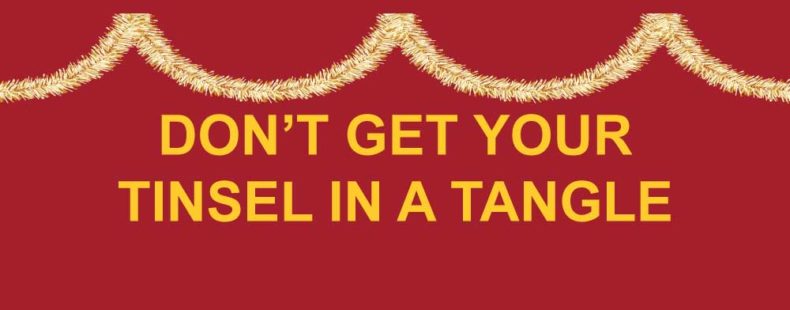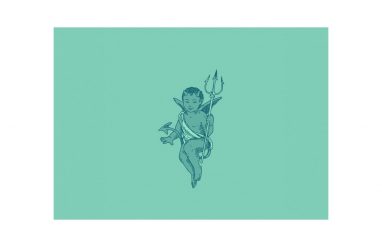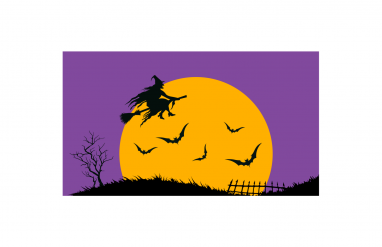Season’s greetings
This season, you’ll give and receive countless holiday greetings. Whether you’re sending cards, posting on social media, or delivering good wishes in person, you’ll want to brush up on your handy holiday phrases.
Several holidays and important events fall during December, including Christmas, Hanukkah, Kwanzaa, and Winter Solstice. That’s why the broad salutations Season’s Greetings and Happy Holidays have gained popularity.
Want to stand out this holiday? Why not use these inviting holiday phrases — from the common to the lesser-known — to express joy and happiness…or maybe that holiday negativity you’re feeling, too.
